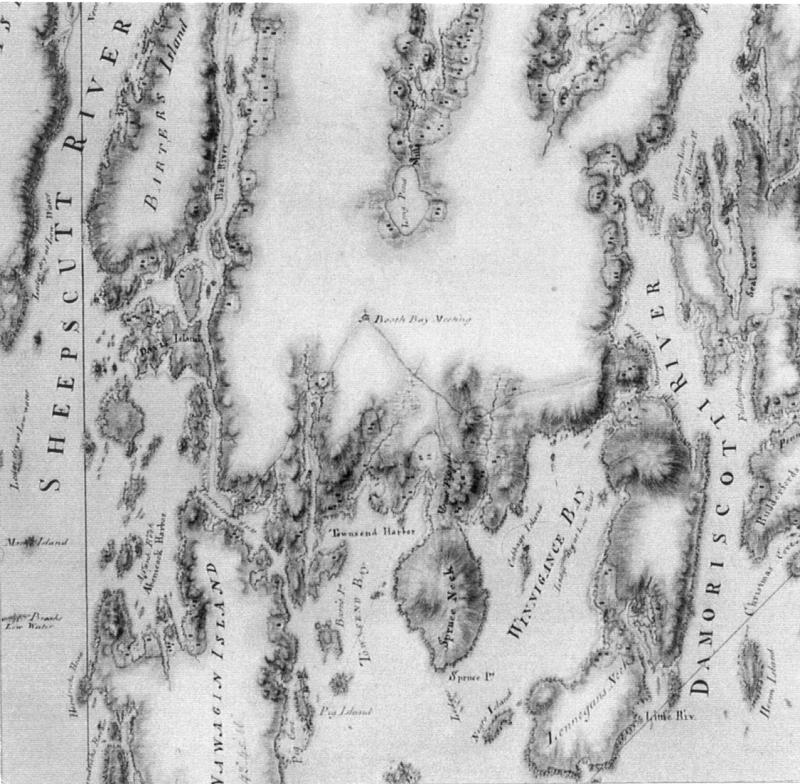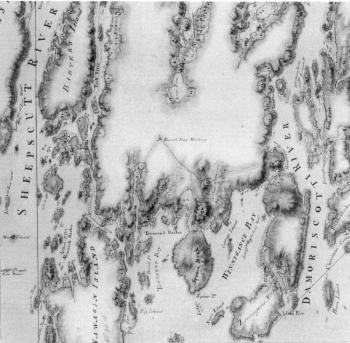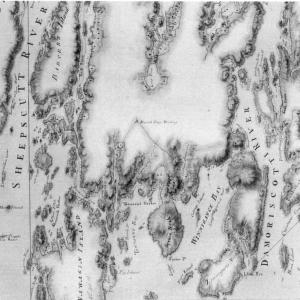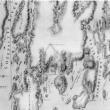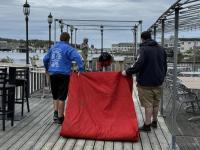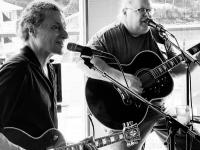The origin of the name Boothbay, part I
A common question I get is "Why is the town called Boothbay?" The quick answer is nobody knows for sure. Back in 1995 I wrote an article covering the naming of Boothbay in different periods and the explanations. It appeared in the Aug. 17 Register issue and was included in “Boothbay Region Historical Sketches,Volume II.”
Given that this week's Nov. 3 is the anniversary of the day, 250 years ago, that the town was incorporated, I thought it would be fitting to go over the topic again. These present articles are an expansion of that 1995 article.
Winnegance-Townsend-Boothbay
The Boothbay area was called Winnegance by settlers and coastal voyagers during the mid-to-late 1600s. The settlement here did not last past 1689, leaving this peninsula virtually uninhabited for 40 years. When the area was finally resettled about 1730, it was called Townsend.
Since Maine was a province of Massachusetts until 1820, when the citizens of Townsend wished to incorporate as a town in January 1764, they had to petition the Massachusetts General Court starting with the royal governor.
There was already a Townsend in Massachusetts, so when our "place without the bounds of any town" was declared a town, the name was changed to Boothbay. Four days elapsed between the day the petition was considered by the government and the day the name was chosen, not enough time for a local man to come home, consult and return to Boston. The name was changed in Massachusetts.
On page 691 of Greene's 1906 region history, he described the most common explanation and cited his multiple sources giving the same story. Part of his section reads:
“In the early part of the last century were old residents who stated that an agent was sent to Boston to look after the petition, and that when he appeared before the legislative committee he was confronted with the fact that Townsend could not be given as a name. Immediate action must be taken. A member of the committee asked the agent if there was any peculiarity in geographical formation about the place. The agent replied: ‘We have a harbor as snug as a booth.’ ‘Have you a bay?’ was the next query. ‘Yes, a fine bay.’ ‘Well, then,’ said the committeeman, ‘why not name it Boothbay?’”
Such convenient stories are often suspect, but Greene's explanation seems to be the only one that was believed by many. It would be as foolish to disbelieve all such stories as to believe them all. The story could be true; it is as good as another; it dates to at least 1859; and many people verified that they had heard it.
Greene mentioned that in the 1800s, The Rev. A. G. Vermilye of Newburyport, Massachusetts, the romantic historian Rufus Sewall, and the town's beloved Dr. Alden Blossom (born 1820) all had heard the story repeatedly. It could be the true explanation, though its first known appearance postdates the use of the term Boothbay by about 95 years.
During one of my visits to the Massachusetts Archives, I took a look at the fall 1764 Massachusetts General Court documents, when Townsend's petition was before the court. There were no clues on the original documents. The name of our town was left blank on the form with nary a scrawl in the margin that might have shed some light. Perhaps every word spoken in the legislature is now recorded, but it was not so then — only the results of their words survive, the legal documents.
Old Boothby?
In the Ava Chadbourne 1957 publication, “Maine Place Names,” an explanation is given for the name Boothbay, but was unaccompanied by her sources or reason. She gave as the inspiration for Boothbay the locality of Old Boothby near Welton Le Marsh in Lincolnshire, England. There are two Boothby locations about 40 miles south of Welton Le Marsh: Boothby Graffoe and Boothby Pagnel, separated from each other by many miles. None of our settlers are known to have come from Lincolnshire, and no sources I've seen noted the use of the word Boothbay before 1764.
However, Lincoln County was named in 1760 for the English birthplace of Thomas Pownall, the 1760 governor of Massachusetts. It is remotely possible that an unknown 1764 Boston legislator wished to memorialize his birth town of Boothby.
The July 17, 1886 Boothbay Register printed a story that Boothbay was named by the Norse 900 years ago. The imaginative author claimed the word "booth" meant a temporary hut for dwelling and curing fish, and the region was so named when the Norse were here 900 years ago. Since the name springs from nowhere in November 1764, the Boston legislators must have retrieved this information during a seance with the spirits of the 900-year-old Norsemen.
Next week: The best theory for the name Boothbay — maybe.
Event Date
Address
United States

